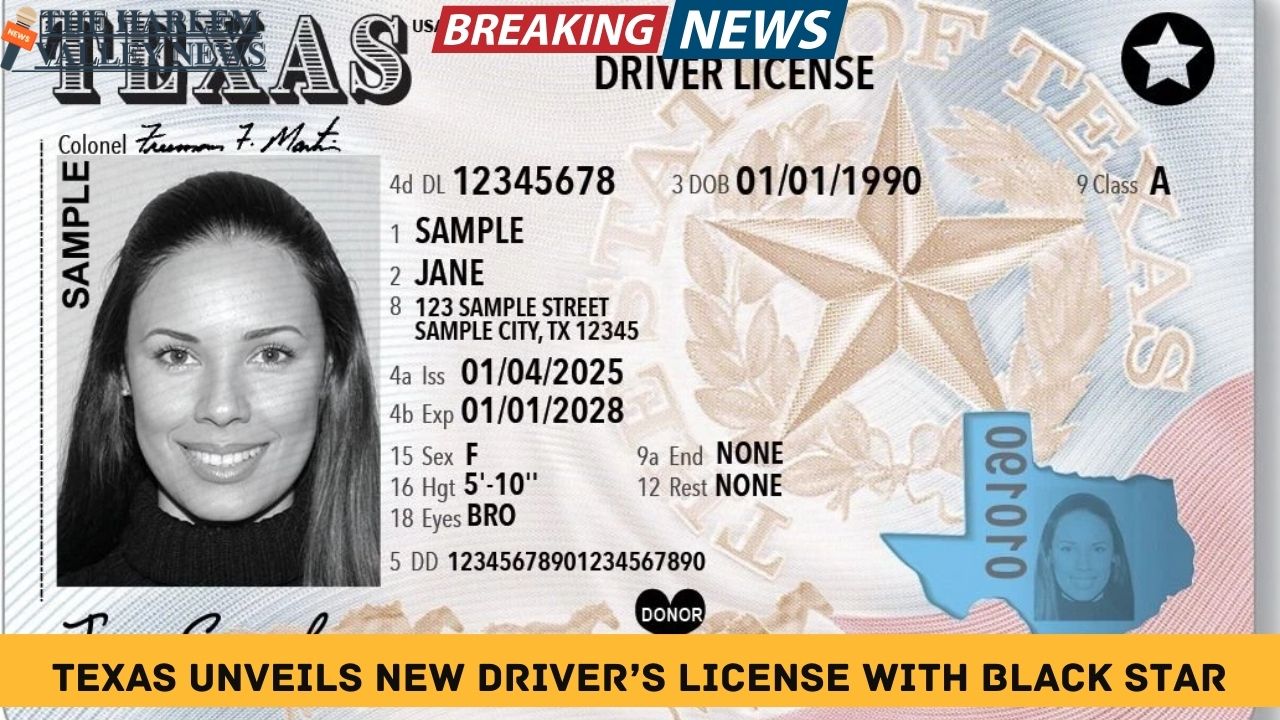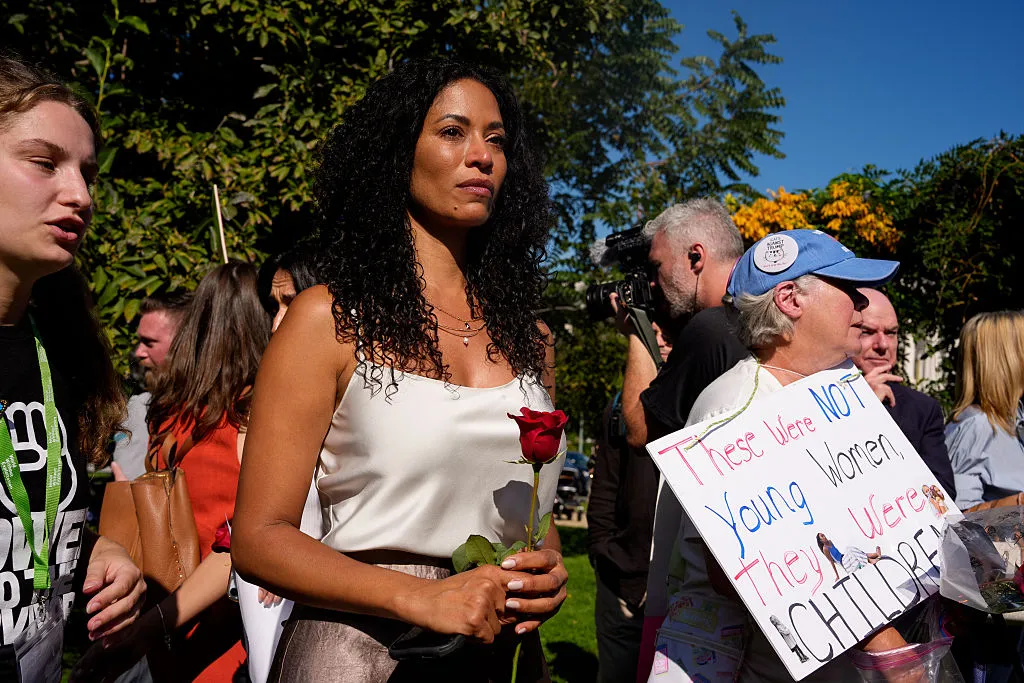Marriage laws in the United States cover a patchwork of cultural history, legal complexities, and evolving social standards. While many are surprised by some of the restrictions and liberties in various states, Alabama stands out for its clear stance on the issue of cousin marriage. Let’s examine the law, its practical context, cultural perceptions, and what couples—whether in Birmingham or rural Covington County—need to know when considering a cousin marriage in Alabama.
Is Cousin Marriage Legal in Alabama?
Alabama law allows first cousins to marry without restriction. Unlike in some states that either prohibit such unions outright or place heavy restrictions (such as requiring genetic counseling or a minimum age), Alabama’s approach is notably permissive. Whether you’re in Mobile planning a wedding at the Gulf Coast or in Huntsville contemplating family ties, the legal answer is straightforward: first cousins can legally marry and have their relationship recognized by the state.
How Cousin Marriage Laws Work Across the U.S.
To appreciate why this is significant for Alabama, it’s helpful to put the state in national perspective. Across the United States, laws on cousin marriage vary dramatically. Over 30 states prohibit first cousin marriage in some form, while about 18 states—including Alabama—allow it without major conditions. Some states, such as Arizona or Illinois, only allow such marriages if both parties are past a certain age or can prove infertility. In Maine, genetic counseling is required. By contrast, Alabama’s statutes are clear and lack additional hurdles for cousins wishing to marry.
Who Can, and Cannot, Marry in Alabama
While Alabama permits cousin marriages, the state draws firm boundaries regarding other familial relationships. Marriages are strictly prohibited between closer relatives, such as siblings, parents and children, or any direct ancestor or descendant. Additionally, marriages to uncles, aunts, nieces, or nephews are not allowed. Stepchildren and stepparent marriages are prohibited as long as the legal relationship exists. These rules are consistent across the state, from the capital city of Montgomery to small towns along the Tennessee River.
Changes in Alabama Marriage Procedure
In August 2019, Alabama modernized its marriage process by abolishing traditional marriage licenses. Instead, couples now complete a marriage certificate form and have it notarized before submitting it to the local county probate court. This change affects all couples—including first cousins—wishing to marry within the state. Whether you’re filing paperwork in Tuscaloosa or Dothan, the process is largely administrative and does not require court hearings or parental notification for most adults.
If either member of the couple is between 16 and 18 years old, parental consent is necessary. No one under age 16 is permitted to marry, even with consent.
City Spotlight: Family Ties and Marriage Culture in Alabama
Marriage patterns in Alabama reflect both the state’s religious landscape and its rural-urban diversity. In cities like Birmingham, Montgomery, and Huntsville, marriage age, partner selection, and family links often resemble national trends. In rural areas and smaller towns—such as Selma, Muscle Shoals or Andalusia—extended families have traditionally played a strong role in community life, and cousin marriages likely occur at roughly the same (low) rates as in the rest of the country.
How Common Is Cousin Marriage in Alabama?
Although Alabama permits cousin marriage, such unions are quite rare in modern practice. Nationally, studies estimate that approximately 0.2% of all marriages are between people who are second cousins or more closely related, and Alabama’s numbers are believed to be similar. In larger Alabama cities like Birmingham and Mobile, cousin marriages are even less common.
The main drivers behind cousin marriages, historically, have included cultural traditions, inheritance concerns, and geographic isolation. For much of the 20th century, marriage between cousins accounted for a small but real percentage of unions in parts of the rural South, where close-knit communities and limited mobility were the norm. Today, these factors have diminished, and most Alabamians marry outside the family.
Myths and Misconceptions Around Cousin Marriage
A common misconception is that cousin marriage is automatically prohibited everywhere in America. In fact, the legal history is mixed. In Alabama, as in many other Southern states, no such ban has ever existed. Some believe cousin marriages are always associated with higher genetic risks for offspring, but scientific evidence shows that while there is a slightly elevated risk for certain inherited conditions, the overall risk is not as dramatic as once thought.
According to modern genetic studies, the risk of birth defects among children born to first cousins is around 4-6%, compared with a baseline risk of about 3% for unrelated parents. This means the risk is present, but not drastically higher than that for the general population.
Why Do Some States Ban Cousin Marriage?
Historically, cousin marriage bans were established in some states due to concerns about inherited medical conditions and a growing interest in eugenics during the late 19th and early 20th centuries. Over time, these anxieties fueled strict laws—particularly in the Midwest, West, and Northeast. Alabama, along with several other Southern states, largely eschewed such bans, reflecting different cultural attitudes and population structures.
What About Cousin Marriages From Other States or Countries?
Alabama recognizes all valid marriages performed in other states or countries, provided the marriage is legal in the place where it was contracted. This includes cousin marriages. For example, if a couple, who are first cousins, moves to Alabama from a state where cousin marriage is legal, their marriage will be recognized in Alabama. This is important for new residents settling in cities like Florence or Montgomery and ensures consistency for families who move throughout the Southeast.
Religious and Cultural Views in Alabama
Religious perspectives on cousin marriage vary widely. Among Alabama’s large Christian population—spanning evangelical, Baptist, Methodist, and Catholic communities—there’s no unified stance; some denominations have no specific doctrinal policy, while others may discourage the practice on social or ethical grounds. In Alabama’s growing immigrant communities, such as those in Huntsville, cousin marriage may reflect cultural norms brought from countries where such unions are more common. However, overall acceptance is shaped more by social customs than by legal or doctrinal mandates.
Frequently Asked Questions About Cousin Marriage in Alabama
-
Can you marry your second cousin in Alabama?
Yes. Second cousin marriages are fully legal, much like marriage between first cousins. -
Can adopted cousins marry in Alabama?
Yes. There is no legal prohibition against marriage between adopted cousins, as the law only restricts biological closer relationships (parent, sibling, uncle, aunt, niece, nephew). -
Are there other marriage restrictions I should know about?
Yes. Marriages are barred between lineal ancestors/descendants, siblings, half-siblings, uncles, aunts, nieces, nephews, and step-relations (while the legal arrangement exists). -
Is there a waiting period after divorce to remarry in Alabama?
Yes. After a divorce is finalized, there is a 60-day waiting period before either party can remarry in Alabama. -
Does Alabama require residency for cousin marriage?
No. There is no residency requirement, so couples from out of state can marry in Alabama under Alabama’s laws.
Changing Social Patterns and Modern Life
As more Alabamians migrate between cities like Auburn, Montgomery, and out-of-state destinations, cousin marriage continues to decline in prevalence. Younger generations are less likely to marry within the extended family, with wider social circles and increased urbanization driving these shifts.
Legal Cautions and Practical Steps
If you and your cousin are considering marriage in Alabama, your path under the law is clear and unencumbered by restriction as long as you are not in any of the strictly prohibited familial categories. As with any marriage, it’s advised to consult with a lawyer or the local county probate office to confirm all documentation is in order—especially for those coming from out of state or with complicated family backgrounds.
Conclusion: Cousin Marriage in Alabama—Legal, Rare, and Evolving
Marriage laws can be a surprisingly complex area, influenced by tradition, science, and shifting social attitudes. In Alabama, first cousin marriage is entirely legal and devoid of the restrictions present in much of the United States. While the practice is rare and subject to social scrutiny in some communities, couples—whether in bustling Birmingham or rural Brewton—face no legal barriers to tying the knot.
As Alabama continues to grow, with its diverse cities and communities, the broader trend is toward more diverse partner selection and evolving family forms. First cousin marriage, while fully legal, is just one piece of Alabama’s distinct and ever-changing social fabric.
















Leave a Reply